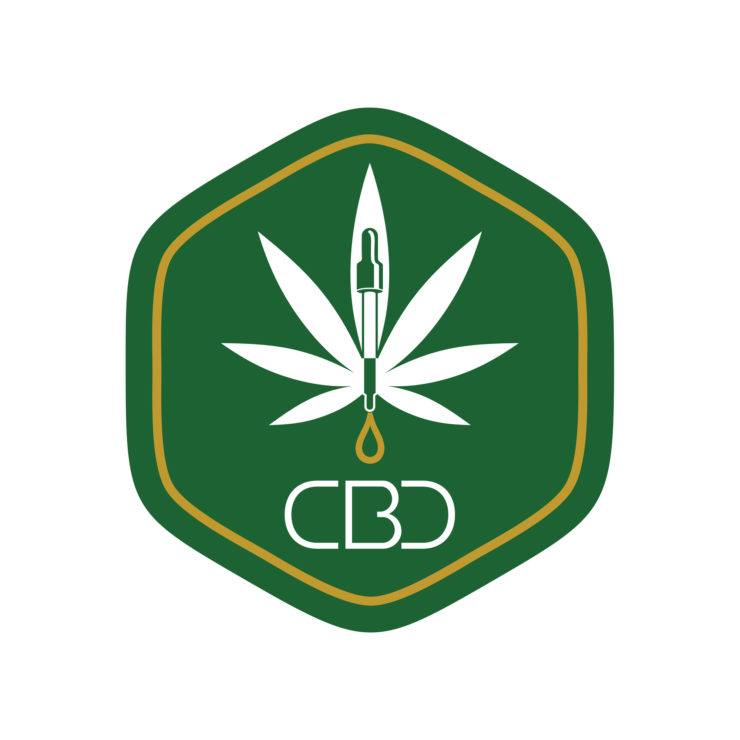
A year ago, we discussed a shift in nomenclature for hemp-derived cannabidiol (“Hemp-CBD”) products. Many CBD companies have swapped the word “CBD” for the terms “hemp extract” and “full spectrum hemp” in hope of mitigating the risk of FDA and local enforcement actions.
As we previously explained, the main impetus behind this movement seems to have stemmed from a 2001 court decision regarding the status of lovastatin, a compound found in red yeast rice, which was historically used for healing purposes. The holding of this case suggests that a compound that has long been used as a food or dietary supplement for therapeutic reasons does not meet the definition of drug, and thus, may be lawfully sold and marketed in interstate commerce without the approval of the Food and Drug Administration (“FDA”). The caveat is that the compound in question must be found in its “naturally occurring form”.
Because hemp extract, which includes CBD and many other compounds, has been used for hundreds of years for its medicinal values, many in the industry have concluded that it could be lawfully sold and marketed in interstate commerce regardless of the FDA’s position on the sale and marketing of these products, specifically foods and dietary supplements. If you recall, the FDA approved Epidiolex, which contains CBD isolate (i.e., not occurring in its natural form). Nevertheless, the agency deems any CBD a drug ingredient, which means it cannot also be sold as a food or a dietary supplement without first being approved by the FDA.
Although there may be some solid parallels between Hemp-CBD and the red yeast rice case, this position is purely speculative in that it has yet to be litigated. Moreover, given the wide variety of hemp strains currently on the market, no one knows with certainty how to determine what the levels of the naturally occurring compounds would be. And even if we could make that determination, CBD companies would still be required to comply with marketing/advertising laws that would further complicate this issue.
Indeed, both federal and state laws impose some sort of labeling/packaging and marketing laws that require, in part, that the product label not be “misbranded” or “misleading.” Generally, under the Federal, Drug and Cosmetic Act (“FDCA”), a product is deemed misbranded if its labeling is false or misleading in any particular way or if it does not bear required labeling information.
So, if a company were to use the term “hemp extract” or “full spectrum hemp” when in fact the product does not contain the hundreds of compounds in their purest, most natural form, then said company would likely be found in violation of the FDCA. In addition, such marketing practice could put a company under the radar of the Federal Trade Commission (“FTC”), which works closely with the FDA on policing unfair or deceptive advertising in any medium.
There are also state marketing and labeling laws that apply. Many jurisdictions have adopted labeling and packaging rules that specifically pertain to Hemp-CBD products. For example, New Mexico is proposing new hemp rules that would require the inclusion of the content of CBD in milligrams on hemp finished products. Other states like Colorado mandate that labels list the CBD content found in a finished product only if CBD is added as an isolate.
While the industry’s inclination to mitigate the risk of enforcement actions against CBD products makes sense, it is worth pointing out that most enforcement actions are taken against CBD products that contain unfounded, egregious health claims or that are sold in jurisdictions that have expressly prohibited the sale of these products. Therefore, if a company makes the business decision not to use the term “CBD” on a product label, it should only do so: 1) if a company can corroborate that the substance found in the product is in fact “hemp extract” or “full spectrum hemp” (which is an unclear and challenging undertaking); 2) if the laws of the states in which the product is sold and marketed don’t specifically request the use of the term “CBD”; and 3) if no health claims are made about the product.
For more information on this issue, please contact our team of regulatory attorneys.



